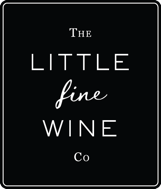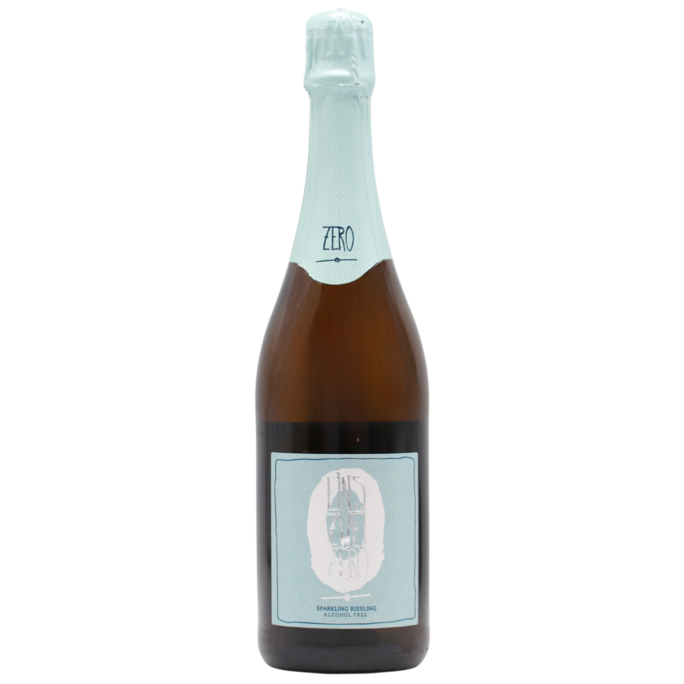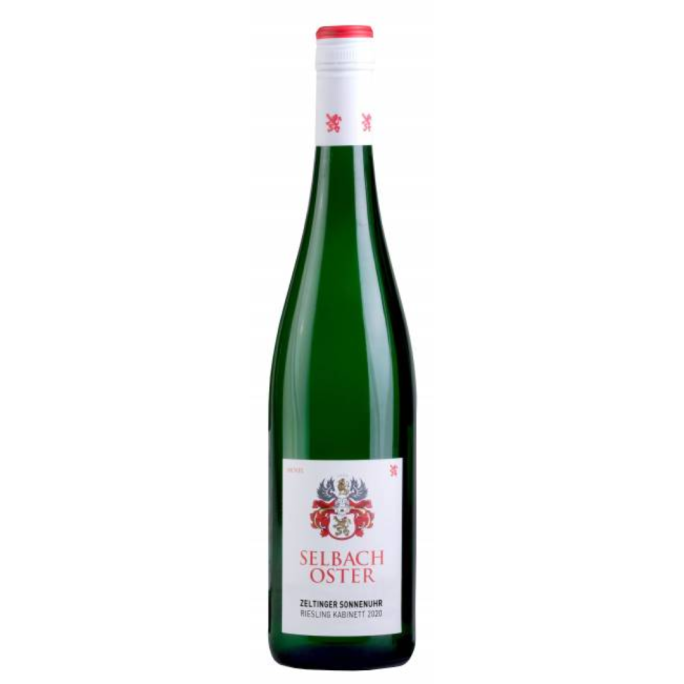German Wine
Showing all 2 resultsSorted by popularity
Showing all 2 resultsSorted by popularity
German Wines
German Wine has a massively rich history and a diverse range of styles, thanks to its unique climate, geography and winemaking traditions they have produced some global favourites. The overall history of winemaking dates all the way back to ancient times, with people even finding evidence of grape cultivation and wine production by the Romans. However, it was during the Middle Ages that Germany really began to progress and gain prominence, especially in regions that went along the Rhine and Mosel rivers.
Over the years, Germany’s wine industry has grown and flourished with many successful wine regions emerging and producing a variety of different and exotic wines. German wine typically follows a process that is similar to other wine producing regions with some unique characteristics due to the country’s specific wine culture and regulation. The typical process normally involves the process of grape harvesting, pressing, fermentation and ageing and racking and clarification.
While grapes are far the most common fruit used in German wines, there are a few instances where other fruits are used to create unique and distinctive styles of wine. However uncommon it is for non-grape wines in Germany you can expect to find things like Apfelwein which is a crisp, traditional apple based wine, normally created from fermented apple juice and similar to a cider. You can also expect to find some fruit infused wines or Sekt, which is the German term for a sparkling wine that can be found in fruity or elderflower flavours. These different types of wine are just what makes the German wine industry so much more unique and refreshing.
German Wine Types
The German contemporary wine scene is rich with traditional varieties and are all classified into different types and styles based on factors such as grape variety. The classification system is to provide information about the characteristics of the wine to consumers so that they can get what they want quickly and easily.
One of the most popular German wine types is Kabinett. This light and delicate style of wine is created from fully ripened grapes. It’s often considered to be one of the wines on the less sweeter side, though it can still range from dry to dry-off. Kabinett wines are known to be typically low in alcohol but showcase all of the pure flavours of grape.
Zilliken Rausch Riesling Kabinett happens to be one of the most popular wines available on our site, this 2020 wine is a jam packed full of all of the zesty and citrus acidity kicks that you would expect that gives this wine its famous mouthwatering kick.
However the utmost popular and renowned German wine type is Riesling. Germany is famous for producing high-quality Riesling wines that can range from bone-dry to intensely sweet. Riesling wines showcase the grape’s unique ability to express characteristics of the terrier and the winemaking process. They often have aromas of citrus, peach, apricot and floral notes, combined with a distinct acidity that make them versatile for pairing with various cuisines.
While Riesling is the most iconic, Germany also produces excellent wines from other grape varieties such as Müller-Thurgau, Silvaner, and Pinot Noir (Spätburgunder). The popularity of specific wine types can vary depending on trends, consumer preferences, and international demand, but Riesling remains the flagship grape for German wine.
German Wine Regions
Some of Germany’s most well-known wine regions include the Mosel region which is famous for its steep vineyard slopes along the famous Mosel River, which create optional conditions for growing Riesling grapes. The region is known for producing some of the finest and most delicate Riesling wines in the world. The wines from the Mosel are often characterised by their high acidity, floral aromas and mineral notes. Each region from around Germany has its own unique characteristics when it comes to wine and are all produced in each area reflect the specific terroir, climate and winemaking traditions of that region.


